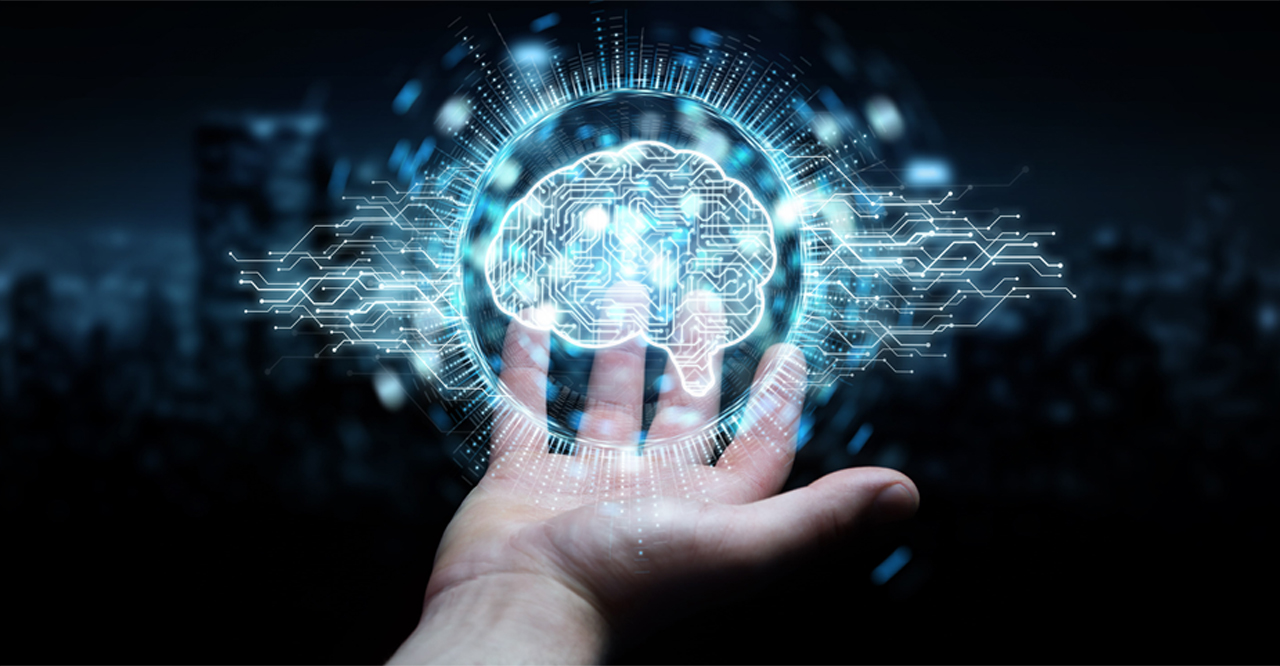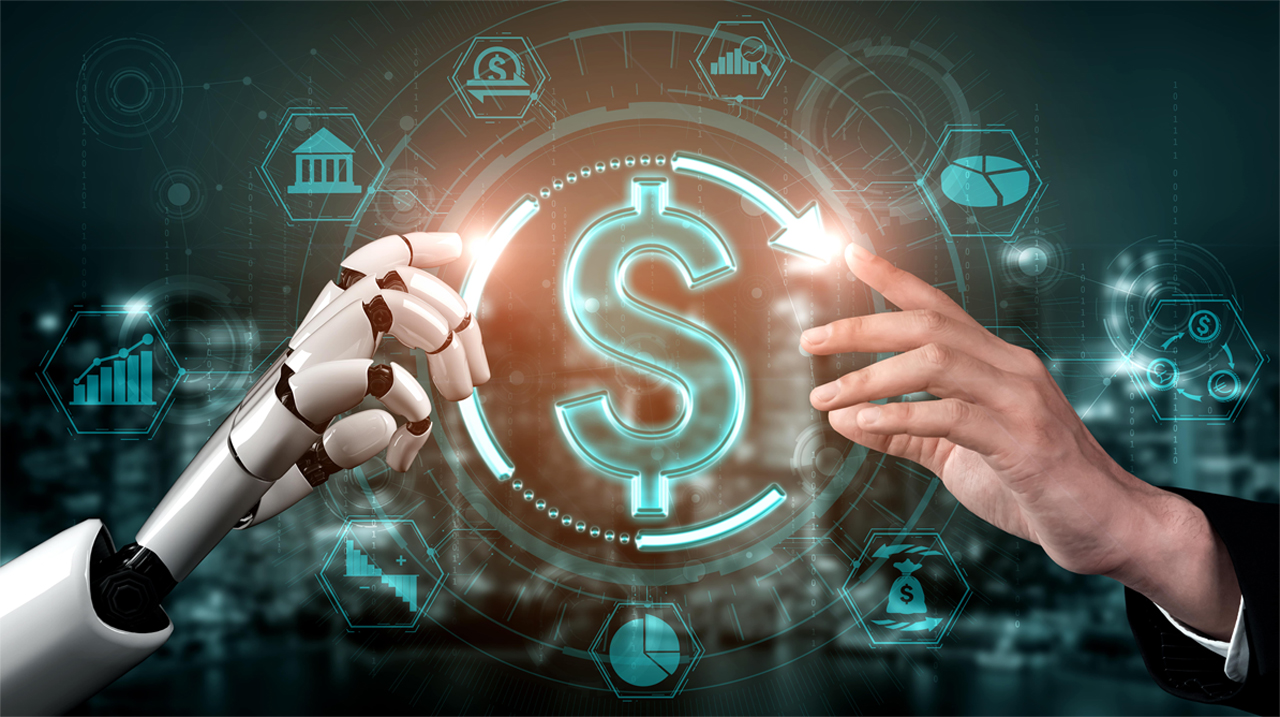 BACK
BACK

During this panel, industry experts (showed above) discussed AI in the Context of Cyber Adversaries. We’ve included a short transcription of the panel, beginning at 7:34 of the webinar.
Raffael Marty, Forcepoint: How do you define AI/artificial intelligence because there is a wide variety of how people define that. When I started 20 years ago in this industry, we didn't call it AI. We called it statistics for most of what we did and it's still methods that have not changed that much and recorded lots of data, we didn’t call it big data back then but maybe want to start with Charles. How would you define AI in this realm and also with the hackers in the Cyber adversaries?
Charles Givre, JP Morgan Chase: Sure. So thanks for the question. I'll just go simple definitions. I've heard the definition of AI is any computer technique that mimics human behavior, and maybe that's overly simplistic. Within that, I define machine learning as basically a technique that learns from past techniques to up to generate instructions so that the computer is learning and figuring things out without being explicitly programmed to do so. So what that means from an adversarial perspective is that malicious actors can develop automations and scripts and tools that can be more reactive and can learn from our defenses and react accordingly without having to have a person manually changing things, so you can get more adaptive attacks than just a statically-coded script basically.
Raffael Marty, Forcepoint: Yeah interesting. I'll ask in a minute how we are seeing that in the wild, but I like that definition that the algorithms don't have to be explicitly told in these scenarios and really going after learning what's happening as it is adaptive, it's interesting. Anna, what do you think about this?
Anna Trikalinou, Intel Corporation: My idea is that AI has been out for a while and we've been studying that for 40 years now, but it has mostly been heuristic-based. Like a star trying to find something in a complex system or in a complex tree, but I think the big boom that happened with AI is machine learning and the computer trying to learn from past experiences in order to become better. So for me, AI is mostly around that aspect. For attackers trying to use AI and machine learning not with just fuzzing that we had in the past or symbolic execution, but with more sophisticated ways.
Charles Givre, JP Morgan Chase: One of the things that I think you touched upon in your introduction to this question is that we used to call this statistics. With a lot of the machine learning algorithms that exist today, if you look at them, many of them are derived from mathematical techniques and some of them can even be hundreds of years old. What I think is changed is our ability first off the ease of which to code these algorithms has dramatically improved and then also our ability to process massive amounts of data using algorithms that are not computationally efficient. Being able to do those things easier has made AI or machine learning much more accessible. And so you will see people start to come up with much more creative uses for it.
Raffael Marty, Forcepoint: Dhia, how would you define the AI in this context?
Dhia Mahjoub, Cisco Umbrella: So I'll move away from the formal definition of AI since both Anna and Charles gave good ones. To me, AI is actually mainly two things: it's a problem solving paradigm and then it's tech. The problem solving Paradigm, like Anna said, existed for a long time. It's been called like stats. It's been called math. It was called algorithms. Then people call it machine learning and then they call it deep learning sometimes and then you can call it graph theory and so on and so forth.
I know in early detection you have so many different disciplines that fit in the AI “bucket”. So that's one thing. The second one is the tech meaning. AI became important and with the rise of CPU RAM storage and networking where I would say bandwidth became very powerful in a sense. When those things became such a commodity and they were in abundance, then we were able to have AI at a very large scale. So that's kind of a couple things.
I can say the other thing: AI has some freaky requirements or features about it that it's about automation, scale, and then it's leveraging data as opposed to algorithm design we learned in our CS major where you have to write the logic yourself in the code. So it's a bunch of if else statements, which is reading data processing put in it, so on and so forth. Whereas in AI or machine learning, the data itself and the environment gives you the seed and the meat to work with so that's the perspective I have about AI in general in terms of adversaries.
Learn more and watch the full video on YouTube: https://www.youtube.com/watch?v=2ZwxHHHczEA&t
Recent Posts

The Changing Roles within Cybersecurity Due to AI
During this panel, industry experts (showed above) discussed the changing roles within the cybersecurity industry...
By Ai4June 11, 2020

How COVID-19 Is Impacting Cybersecurity
During this panel, industry experts (showed above) discussed how COVID-19 is affecting cybersecurity. We’ve included...
By Ai4June 11, 2020
